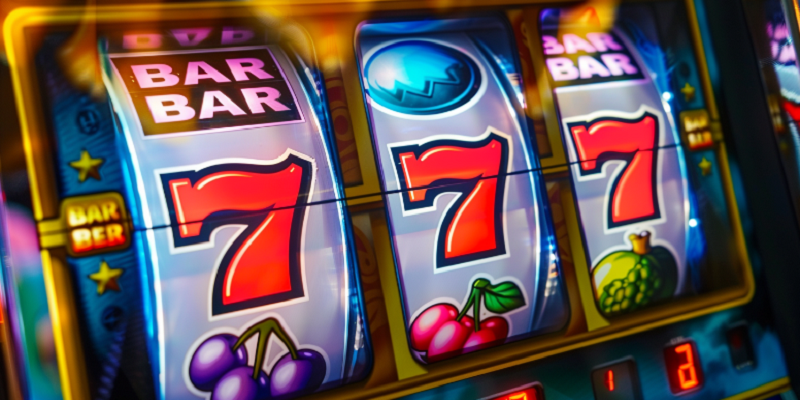Mobile games were once a basic affair, focused on bright colours and satisfying, repetitive actions. Today, however, the games you play are increasingly designed not just to entertain you, but to connect you.
They have become bustling digital spaces where you team up with friends, compete in global events, and build communities around shared goals. This evolution has moved the goalposts from graphical horsepower to the power of social interaction.
Gambling, Gaming & Regulation: Drawing the Line in the UK Market
It’s crucial to understand where casual fun ends and regulated activity begins.
In the UK, the Gambling Commission defines gambling as an activity where you stake money, or an item of monetary value, on a game of chance to win a prize.
Many mobile games cleverly operate outside this definition by using virtual currencies that you can’t “cash out”. You might pay real money for in-game gold or gems to use on features like prize wheels, but because the rewards are confined to the game’s ecosystem, it isn’t legally considered gambling.
This creates a significant grey area that developers navigate carefully to offer chance-based excitement without falling under strict regulation.
The New Wave of Mobile Gaming
People often turn to social games because they provide the excitement of chance without the direct financial risk of placing a bet. Winning a rare virtual item in a game triggers a genuine sense of achievement and pleasure.
However, this model isn’t without its own pitfalls. These games can normalise gambling-like behaviours by making them a central part of the gameplay loop.
The constant encouragement to spend small amounts of real money for another chance or more playtime can cultivate spending habits that, while not technically gambling, can still become problematic if you don’t keep track of them.
Community, Connection & Wellbeing: Finding Social Joy Outside Gaming
The appeal of many mobile games lies in the community and sense of belonging they offer. They fulfil a fundamental human need for connection. If you find this is the main reason you play, it’s worth remembering that you can find these social rewards elsewhere.
You could use apps designed to connect people with local clubs, from book circles to community-focused online bingo nights, to foster those connections face-to-face. This isn’t about replacing one hobby with another, but about enriching your social life. Consider exploring a local group that shares one of your interests to build a community that exists both online and off.






